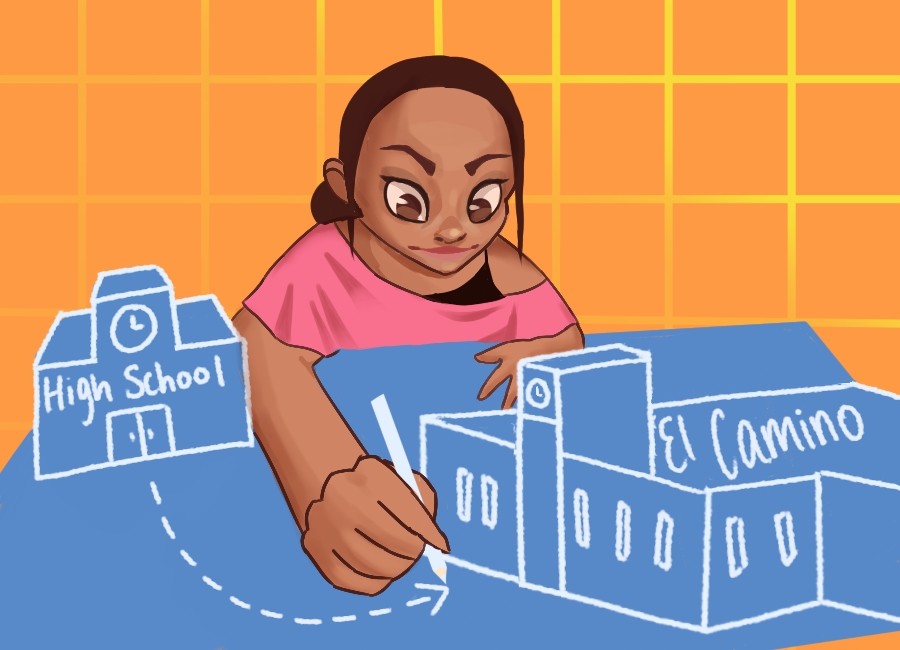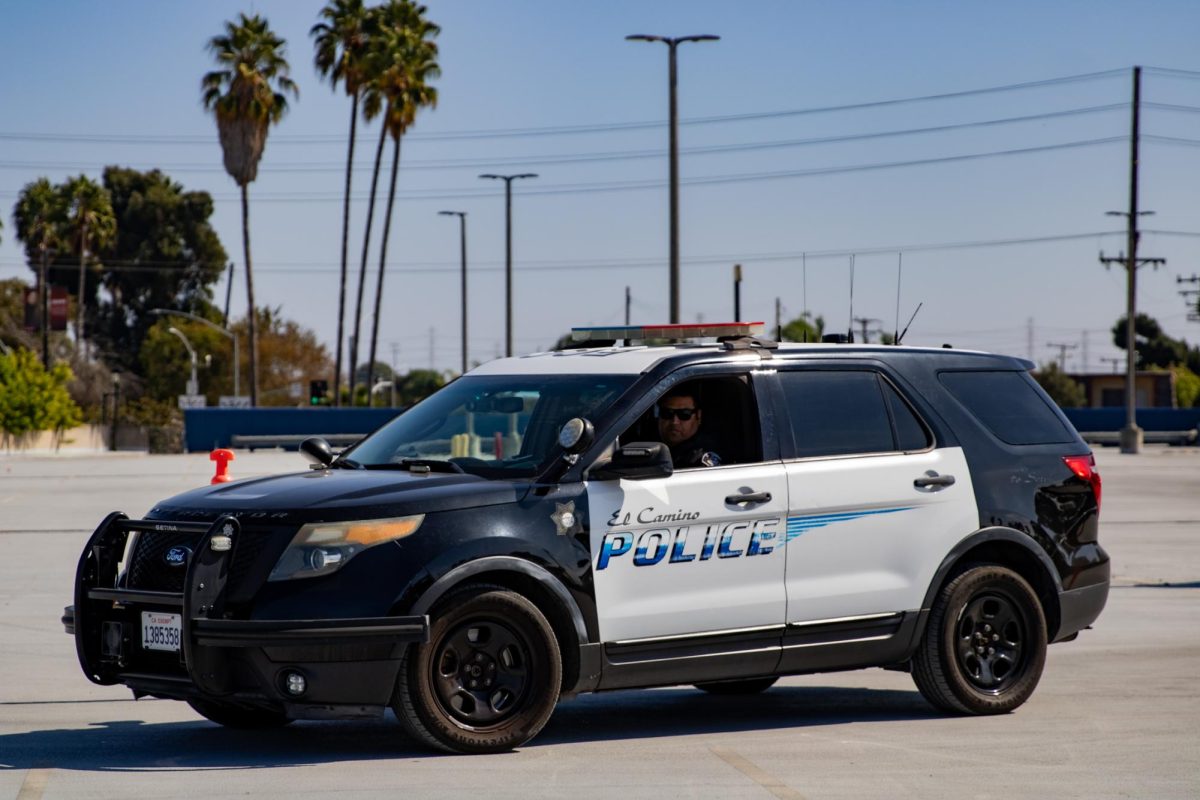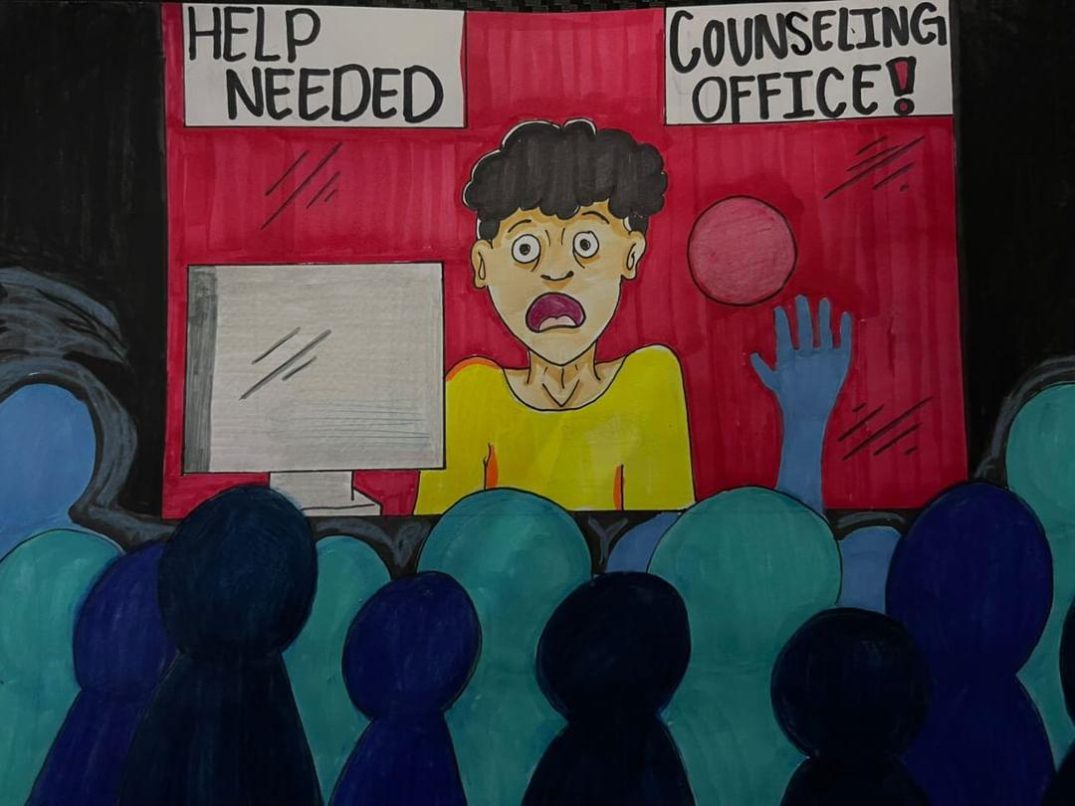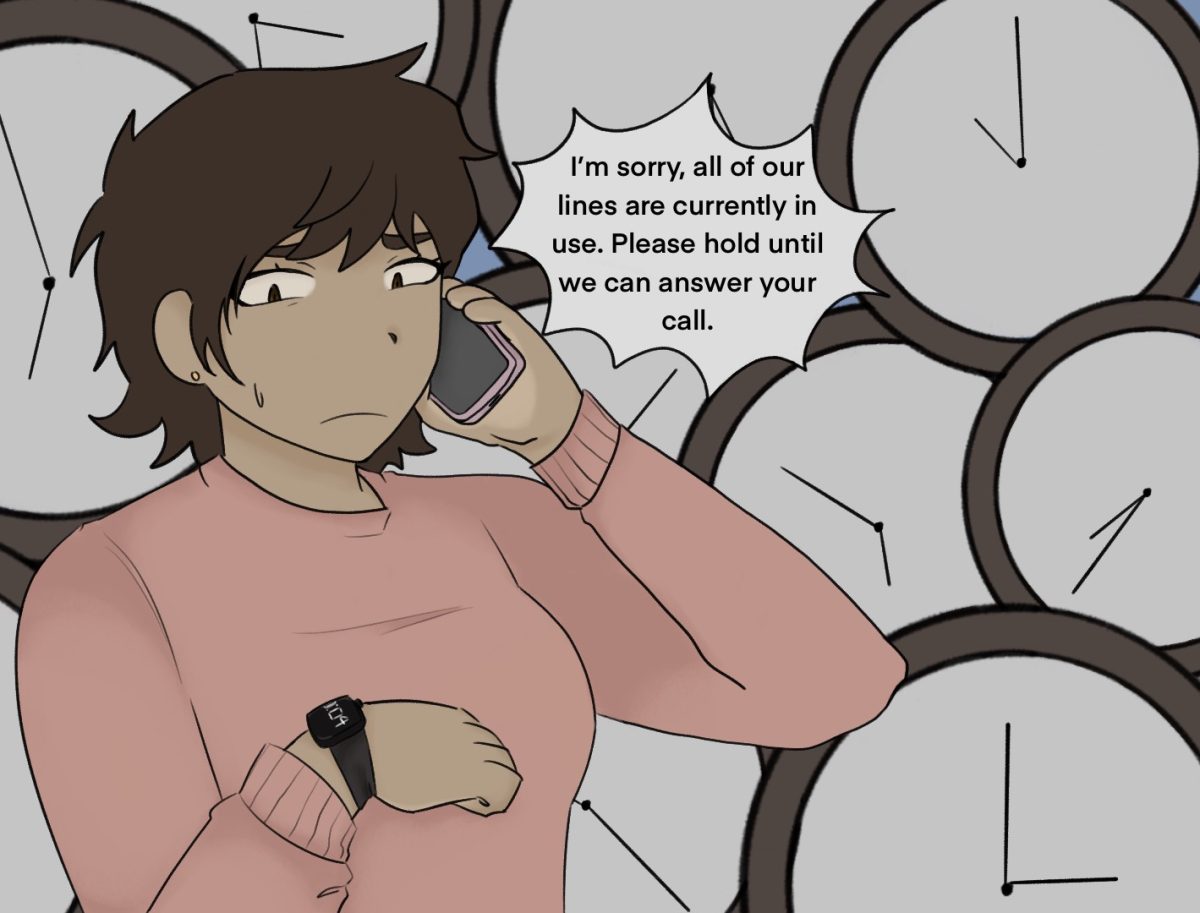I have never thought of myself as a political person until just recently. While carving pumpkins with a group of friends a week ago, one of my friends called me a “little politician” and at that moment I realized I was “political.”
Fresh out of high school, in 2008 I remember being easily swayed by my ex boyfriends parents to vote for a specific candidate all for the sake of lift tickets to go snowboarding with my best friend.
Completely guilty, and a 19-year-old girl who at the time “hated politics,” the outcome of the election was something that meant little to me when going up against fresh powder and new bindings.
Four years later, as I have begun immersing myself in news on deeper levels this past year, I have noticed that I have my own opinion and stance on specific when politics are concerned.
Instead of voting according to my parent’s political party (which I have been guilty of as well), I have now taken on my own ideas and have realized that standing up for your specific political beliefs is immensely important.
As American citizens, we have been given the gift of being a part of a democracy. A democracy is “a government by the people,” according to the Merriam-Webster dictionary.
Because of the progressive actions of men and women generations before us, there is equality among genders and nationalities to vote as American citizens. We have been given the privilege of taking part in choosing our leaders and policies.
I am not writing this column to sell a specific candidate or way in which students should vote, but rather to challenge students at EC to get involved and know what is at stake this election and beyond the Nov. 6 ballot.
As students and voters, a majority of us fall into the age bracket of ages 18-29, according to the Center for Information on Civic Learning and Engagement (CIRCLE); there are 24 percent of registered voters in the U.S.
Much is at stake this election, especially for students. As voting citizens we are taking a step towards deciding how our future will unfold in upcoming years.
After I got over the whole idea of being “not political” and realized that local, national and global awareness are all immensely important, I was able to see that through knowledge came understanding and advocacy.
By becoming knowledgeable in politics and forming and strengthening my own beliefs, I have felt an independence and strength through the prospect of casting my vote and creating change through my ballot.
Caring about politics and being aware on current events, makes changing the world for the better a possibility. Instead of sitting on the sidelines wishing for something to happen, voters are able to affect the future.
The idea that one vote will not make a difference may be a thought in the back of many minds, but with negative thoughts, a country cannot move forward to better itself. Negativity comes from those who have potential to be the leaders of tomorrow will stifle possible growth.
“In an election, every voice is equally powerful. Don’t underestimate your vote. Voting is the great equalizer,” Maya Angelou, a Global Renaissance Women, said.
The process of politics and voting isn’t about trying to change another person’s vote, it’s about further understanding your own beliefs.






